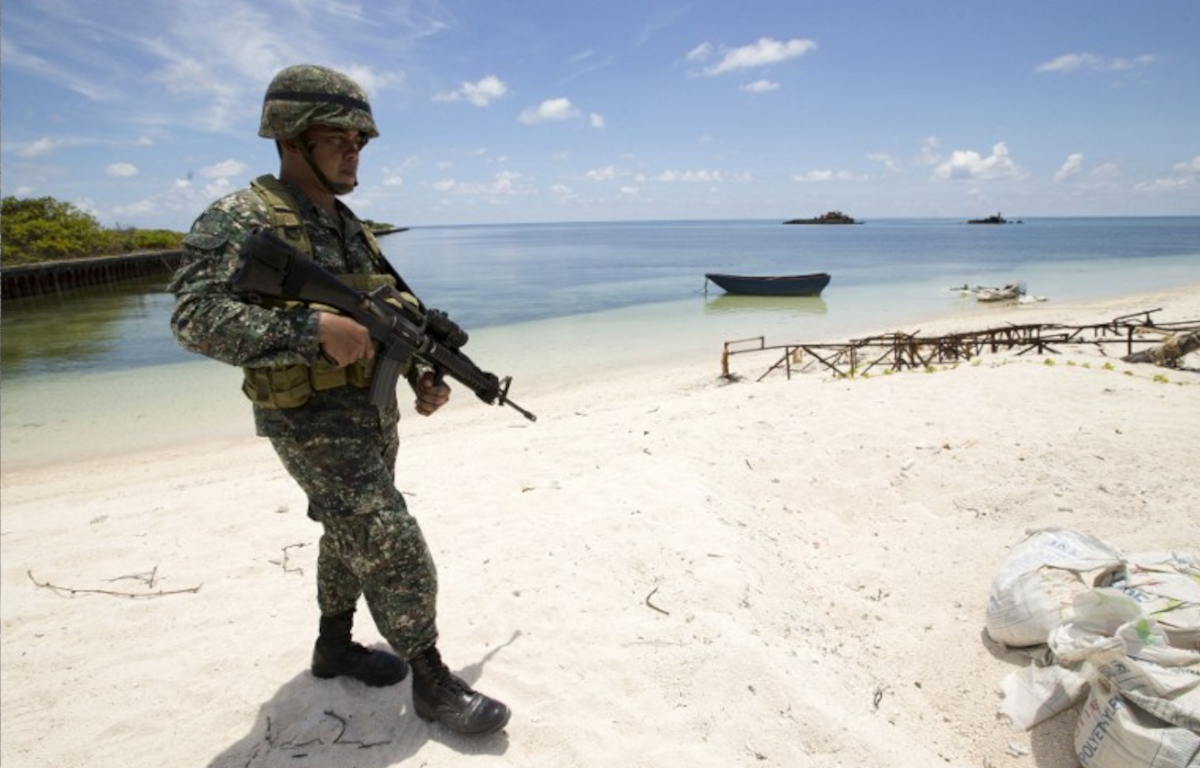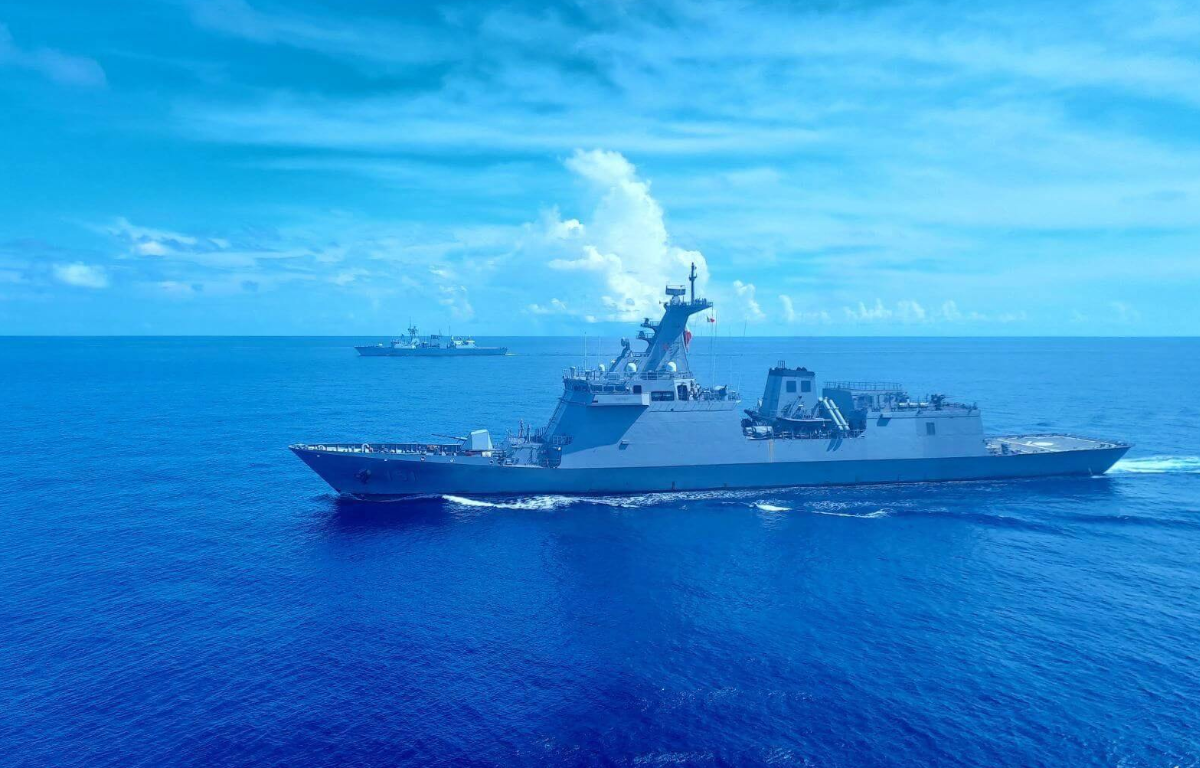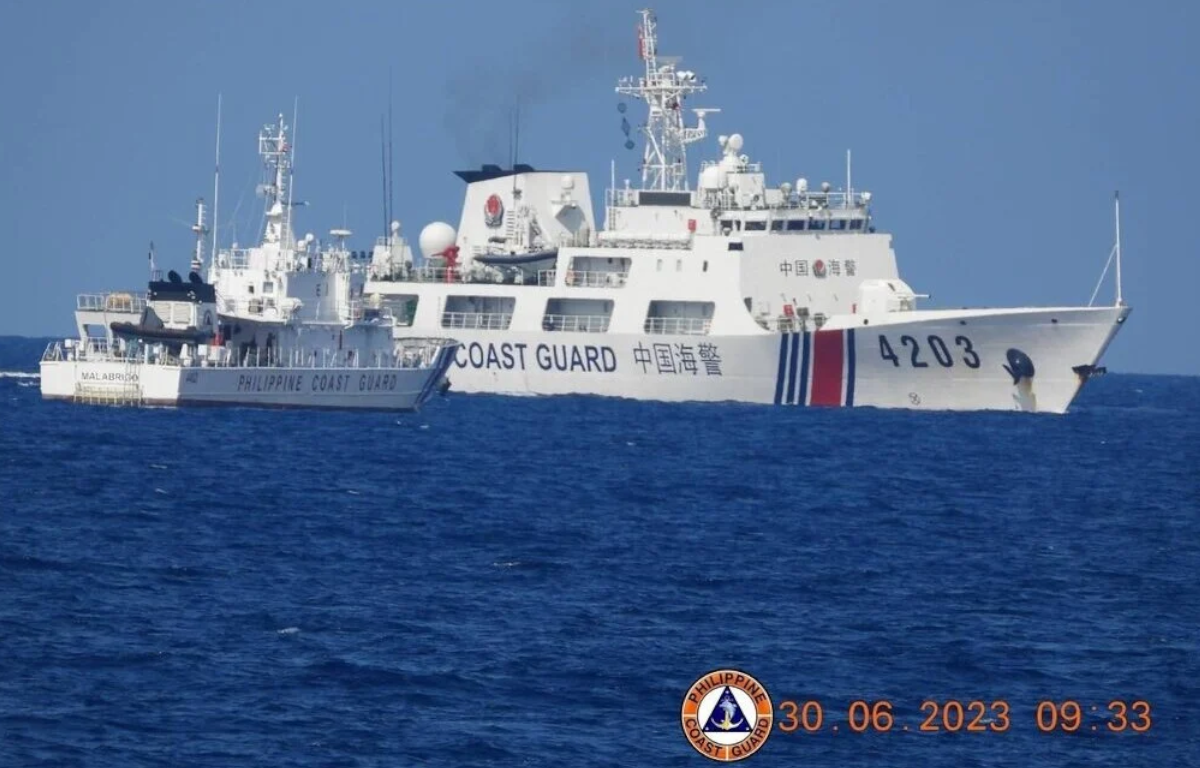
At the heart of this issue lie strategic geopolitical interests. The Ayungin Shoal, situated within the Philippines’ Exclusive Economic Zone, holds considerable significance in terms of geopolitical positioning. China’s purported humanitarian mission could be seen as a convenient way to advance its territorial claims, disguising its ambitions behind a humanitarian facade.
The timing of the resupply mission raises suspicions. Given the escalating tensions in the South China Sea, China’s sudden display of goodwill could be interpreted as a calculated move to divert international attention from its controversial actions. This raises doubts about the authenticity of China’s intentions and whether the mission truly serves humanitarian purposes.
Furthermore, the manner in which the mission was carried out casts shadows of uncertainty. Reports indicate that the Chinese resupply vessels were accompanied by a fleet of heavily armed ships, an unusual show of force for a straightforward humanitarian mission. This suggests that the mission might be more about showcasing China’s maritime power than about providing genuine assistance.
China’s actions surrounding the Ayungin Resupply Mission have raised multiple concerns on the international stage. First and foremost, these actions violate international law, particularly the United Nations Convention on the Law of the Sea (UNCLOS), which recognizes the Ayungin Shoal as part of the Philippines’ Exclusive Economic Zone. This not only escalates tensions but also undermines the established international legal framework.
Moreover, the situation has significant implications for regional stability. China’s ongoing assertiveness in the South China Sea has created uncertainty and unease among neighboring countries, impacting their maritime security. The Ayungin Resupply Mission, with its questionable motives, exacerbates these concerns and adds another layer of instability to the region.
China’s Ayungin Resupply Mission raises important questions about its true intentions. The strategic interests, timing, and execution of the mission all contribute to a narrative that goes beyond simple humanitarian aid. This situation underscores the need for transparent dialogue, adherence to international law, and peaceful conflict resolution in addressing the complex territorial disputes in the South China Sea. It serves as a reminder that in a world where actions speak louder than words, critical analysis and understanding are essential to decipher the underlying motivations behind seemingly benevolent gestures.










Share this: